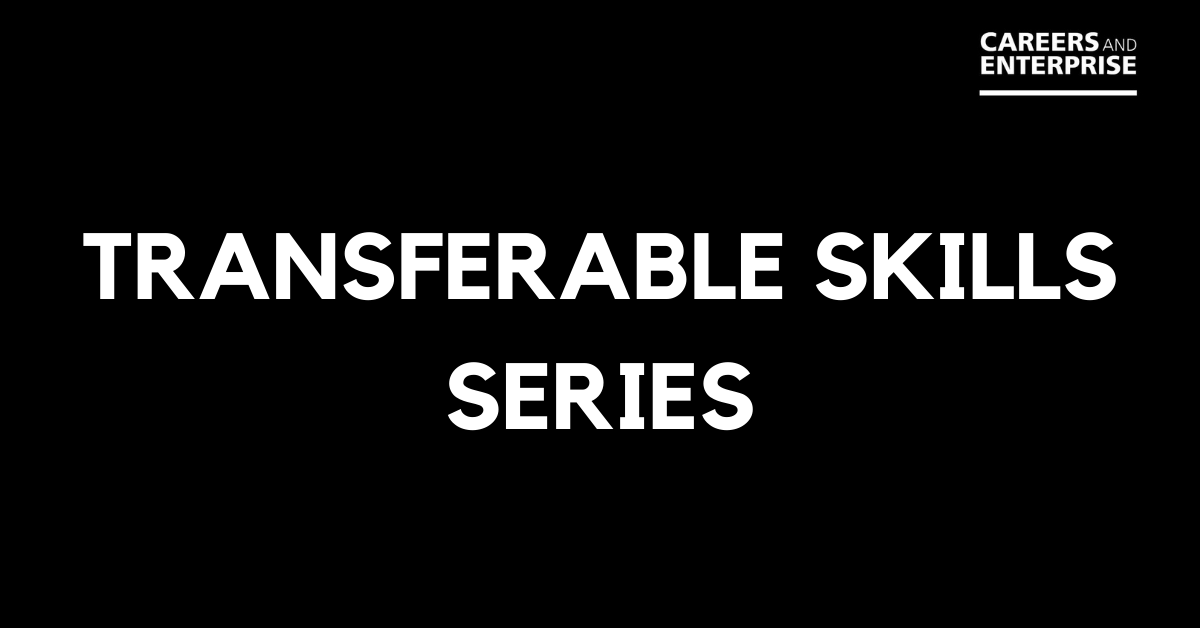Your guide to goal setting…
Goal setting is an important aspect of any professional career; however, sensible and aspirational goal setting is also helpful on a personal level too. Human beings are innately goal orientated. They often seek out measures to success to affirm they are progressing toward a certain target and there is a need in creating incremental goals that lead toward a larger aim or ambition. Whilst goal setting is an important aspect of our personal and professional lives, they need to strike a good balance between being concise and practical VS being ambitious and fulfilling. There are some great tools and theories around goal setting that you can apply to both personal and professional goals and I am going to discuss my personal favourite – SMART GOALS:
Smart goals
Smart goals are my personal favourite as they give you a framework that can be applied to every single goal you make. The simple fact is that for goals to be powerful, they should be designed to be SMART:

Set specific goals
Your goal must be clear, concise, and well defined. Vague goals are often a great way of not knowing whether you have achieved what you set out to achieve. It is unhelpful because they don’t provide sufficient direction for you to clearly assess whether you have met your goal successfully. Ambiguous and vague goals will lead to a lack of clarity on your progress and could lead to a false sense of security regarding success.
Set measurable goals
If you do not have a clear measure to success, you will almost certainly set goals that do not provide you with the clarity you need to make a positive impact. When setting goals, you should include precise figures, clearly defined dates, and metrics that will reflect what success looks like. For example, having a goal such as – I want to increase my social media followers, is a relevant goal; however, it does not give a clear measure of success. This means that having one additional follower could mean you met your goal; however, does one additional follower give you the impact you are looking for? Instead, it could be – I want to increase my social media followers by 50% by 31st March 2022. This gives some quantitative measures to success that are clearly defined and specific, whilst giving you a way to measure your success so you don’t miss out on the celebration that comes with knowing you have achieved something.
Set achievable goals
Make sure that it’s possible to achieve the goals you set. If you set a goal that you have no hope of achieving, you will only demotivate yourself and erode your confidence to achieve your goal. There is a balance between being achievable and ambitious as you want the goal to be something worth pursuing whilst something that you can practically attain. By setting achievable yet challenging goals, you hit the balance you need. These are the types of goals that require you to “raise the bar” and they bring you the greatest personal satisfaction.
Set realistic goals
Extraordinary goals get extraordinary results, so you want to be ambitious and bold. However, you also want to ensure that your goal is realistic and practical. Your goals aren’t meaningful if they aren’t based on something that is attainable and within the realms of your reality right now. Setting a goal of becoming a millionaire with a FTSE 100 company within the next two years without a realistic pathway of achieving it is quite clearly unrealistic and likely unachievable and will only lead to dissatisfaction and demotivation. This is not to say you shouldn’t have ambitious goals and think big (which we will come on to shortly), but whether you’re setting business goals or setting personal ones, ensure that the goals set are something that are realistic and attainable within the time frame you set.
Set timely goals
Your goals must have a deadline and a clearly defined time frame. Without this you are likely to float around not really pursuing the goal or knowing when it should be realistically realised. A clearly defined time frame will ensure you can celebrate success when it happens and will act as a motivator to take action to achieve your goal. When you are working on a deadline, your sense of urgency increases, and achievement will come that much quicker.
Stay tuned for part 2…
Want to find out more about jobs that suit your skills?
- Go on to the Careers & Enterprise Hub, and under ‘Resources’ click on ‘Labour Market Information’. There, you can ‘explore by skills’ – just click on at least 3 skills, and it’ll show you job roles that match!
- If you click on the job role, it’ll give you more information about average salary, what the role entails etc.
 Careers and Enterprise Blog
Careers and Enterprise Blog Abbie-Rose Rigden
Abbie-Rose Rigden 2112
2112


